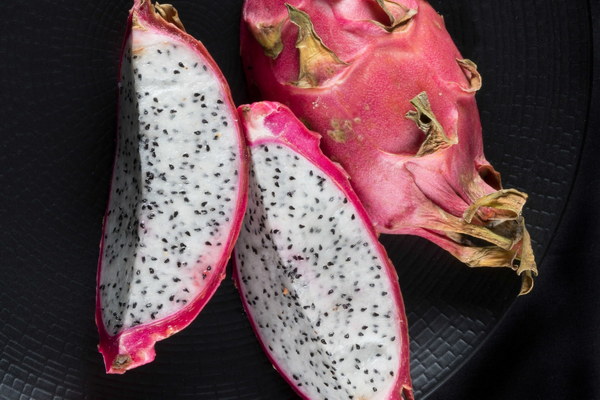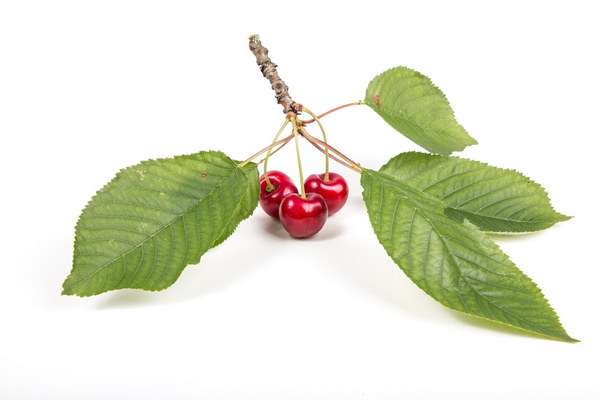The Controversy of Tea Polyphenols Liver Protection or Liver Damage
The health benefits of tea have long been recognized, and tea polyphenols, a major component of tea, are often hailed for their numerous health benefits. However, there is a controversy surrounding the effects of tea polyphenols on the liver. Some studies suggest that tea polyphenols can protect the liver, while others suggest they may cause liver damage. This article aims to explore both sides of the debate and provide a comprehensive understanding of the issue.
Tea Polyphenols: A Brief Overview
Tea polyphenols are a group of compounds found in tea leaves, including flavonoids, flavanols, and catechins. These compounds are responsible for the characteristic color, taste, and health benefits of tea. The most abundant type of tea polyphenols is catechins, which have been extensively studied for their potential health benefits.
Tea Polyphenols: Liver Protection
Several studies have shown that tea polyphenols can protect the liver from various harmful substances. Here are some of the ways in which tea polyphenols may benefit the liver:
1. Antioxidant Properties: Tea polyphenols have strong antioxidant properties, which can neutralize free radicals and protect liver cells from oxidative damage.

2. Detoxification: Tea polyphenols can enhance the liver's ability to detoxify harmful substances, such as alcohol and drugs.
3. Inflammation Reduction: Tea polyphenols have anti-inflammatory effects, which can help reduce liver inflammation and prevent liver diseases like hepatitis.
4. Prevention of Liver Fibrosis: Chronic liver inflammation can lead to liver fibrosis, a condition in which the liver becomes scarred and hardened. Tea polyphenols may help prevent this progression by inhibiting the formation of fibrous tissue.
Tea Polyphenols: Liver Damage
Despite the potential benefits of tea polyphenols, some studies have suggested that excessive intake of tea may cause liver damage. Here are a few reasons why this might be the case:
1. High Catechin Intake: Catechins are the most abundant type of tea polyphenols, and excessive intake of these compounds may lead to liver damage. This is especially true for individuals with pre-existing liver conditions.
2. Interference with Liver Function: Tea polyphenols may interfere with the normal function of the liver, potentially leading to liver damage in susceptible individuals.
3. Alcohol Consumption: Combining alcohol with tea may exacerbate the risk of liver damage, as both substances can strain the liver.
Conclusion
The controversy surrounding the effects of tea polyphenols on the liver is complex and multifaceted. While some studies suggest that tea polyphenols can protect the liver, others indicate that excessive intake may cause liver damage. It is essential to consider individual factors, such as pre-existing liver conditions and alcohol consumption, when determining the appropriate amount of tea to consume. Moderation is key, and further research is needed to fully understand the potential benefits and risks of tea polyphenols on liver health.









